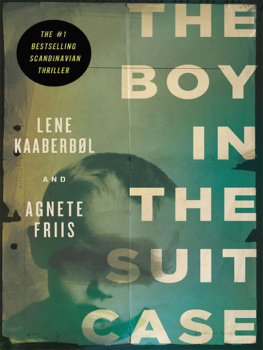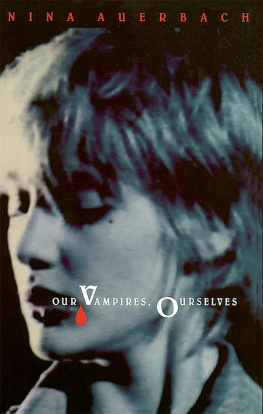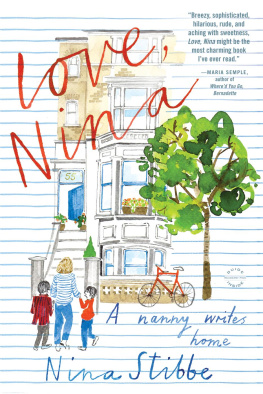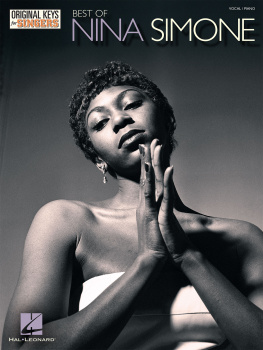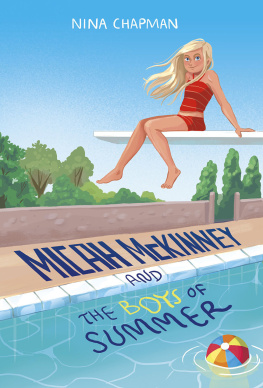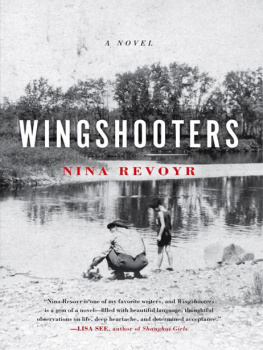
THE
BOY
IN
THE
SUIT
CASE

Copyright 2011 by Lene Kaaberbl and Agnete Friis
Published by
Soho Press, Inc.
853 Broadway
New York, NY 10003
Library of Congress Cataloging-in-Publication Data
Kaaberbl, Lene.
[Drengen i kufferten. English]
The boy in the suitcase / Lene Kaaberbl and Agnete Friis ; translated
from the Danish by Lene Kaaberbl.
p. cm.
ISBN 978-1-56947-981-0
eISBN 978-1-56947-982-7
1. CrimeFiction. 2. DenmarkFiction. I. Friis, Agnete. II. Title.
PT8177.21.A24D7413 2011
839.8138,dc23
2011021980
Printed in the United States of America
10 9 8 7 6 5 4 3 2 1
Our sincere and deepfelt gratitude to
Anders Trolle
Daiva Povilavi ien
Henrik Friis
Henrik Laier
Inger Laier
Joana Mikalauskait Nrskov
Juozas Mikalauskas
Justina Mikalauskien
Kirstine Friis
Liudvika Strakauskien and emyna Day Care Center
Lone Emilie Rasmussen
Pranas Povilavi ius
and the many others whose help and support made this book possible
Lene and Agnete, August 2008
H OLDING THE GLASS door open with her hip, she dragged the suitcase into the stairwell leading down to the underground parking lot. Sweat trickled down her chest and back beneath her T-shirt; it was only slightly cooler here than outside in the shimmering heat of the airless streets. The strong smell of decaying fast food from a jettisoned burger bag did nothing to improve the flavor of the place.
There was no elevator. Step by step she manhandled the heavy suitcase down to the level where she was parked, then realized that she didnt really want it in her car until she knew what was in it. She found a relatively private spot behind some dumpsters, sheltered from security cameras and the curious gazes of passersby. The case wasnt locked, just held closed by two clasps and a heavy-duty strap. Her hands were shaking, and one of them was numb and bloodless from carrying the ungainly weight for such a distance. But she managed to unbuckle the strap and unsnap the locks.
In the suitcase was a boy: naked, fair-haired, rather thin, about three years old. The shock rocked her back on her heels so that she fell against the rough plastic surface of the dumpster. His knees rested against his chest, as if someone had folded him up like a shirt. Otherwise he would not have fit, she supposed. His eyes were closed, and his skin shone palely in the bluish glare of the fluorescent ceiling lights. Not until she saw his lips part slightly did she realize he was alive.
TABLE OF CONTENTS
T HE HOUSE SAT on the brink of a cliff, with an unhindered view of the bay. Jan knew perfectly well what the locals called it: the Fortress. But that was not why he looked at the white walls with a vague sense of dissatisfaction. The locals could think what they liked; they werent the ones who mattered.
The house was of course designed by a well-known architect, and modern, in a functional-classical way, a modern take on the Swedish funkis trend. Neo-funkis. Thats what Anne called it, and she had shown him pictures and other houses until he understood, or understood some of it, at least. Straight lines, no decoration. The view was meant to speak for itself, through the huge windows that drew the light and the surrounding beauty into the room. That was how the architect had put it, and Jan could see his point, everything new and pure and right. Jan had bought the grounds and had the old summer cottage torn down; he had battled the municipal committee until they realized that they most certainly did want him as a taxpayer here and gave the necessary permissions; he had even conquered the representative of the local Nature Society with a donation that nearly made her choke on her herbal tea. But why should he not establish a wildlife preserve? He had no interest in other peoples building here, or tramping all over the place in annoying picnic herds. So there it was, his house, protected by white walls, airy and bright, and with clean uncluttered neo-funkis lines. Just the way he had wanted it.
And yet, it was not what he wanted. This was not how it was supposed to be. He still thought of the other place with a strange, unfocused longing. A big old pile, an unappealing mix of decaying 1912 nouveau-riche and appallingly ugly sixties additions, and snobbily expensive because it was on Strandvejen, the coast-hugging residences of the Copenhagen financial elite. But that was not why he had wanted itzip codes meant nothing to him. Its attraction was its nearness to Annes childhood home, just on the other side of the tall unkempt whitethorn hedge. He couldnt help but imagine it all: The large family gathered for barbecues under the apple trees, he and Annes father in a cloud of Virginia tobacco, holding chunky tumblers of a very good Scotch. Annes siblings by the long white patio table, with their children. Annes mother in the swing seat, a beautiful Indian shawl around her shoulders. His and Annes children, four or five, he had imagined, with the youngest asleep in Annes lap. Most of all, Anne happy, relaxed, and smiling. Gathered for the Midsummer festival, perhaps, with a bonfire of their own, and yet enough of them there so that the singing sounded right. Or just some ordinary Thursday, because they felt like it, and there had been fresh shrimp on the pier that day.
He drew hungrily at his cigarette, looking out across the bay. The water was a sullen dark blue, streaked with foam, and the wind tore at his hair and made his eyes water. He had even persuaded the owner to sell. The papers were there, ready for his signature. But she had said no.
He didnt get it. It was her family, damn it. Werent women supposed to care about such things? The nearness, the roots, the closeknit relations? All that stuff. And with a family like Annes, so... right. Healthy. Loving. Strong. Keld and Inger, still obviously in love after nearly forty years. Annes brothers, who came to the house regularly, sometimes with their own wives and children, other times alone, just dropping in because they both still played tennis at the old club. To become part of that, in such an easy, everyday manner, just next door, on the other side of the hedge... how could she turn that down? But she did. Quietly, stubbornly, in true Annefashion, without arguments or reasons why. Just no.
So now here they were. This was where they lived, he and she and Aleksander, on the edge of a cliff. The wind howled around the white walls whenever the direction was northwesterly, and they were alone. Much too far away to just drop in, not part of things, with no share in that easy, warm family communion except by special arrangement now and then, four or five times a year.
He took a last drag and tossed the cigarette away, stepping on the butt to make sure the dry grass didnt catch fire. He stood for a few minutes, letting the wind whip away the smell from his clothes and hair. Anne didnt know that he had started smoking again.
He took the photo from his wallet. He kept it there because he knew Anne was much too well raised to go snooping through his pockets. He probably should have gotten rid of it, but he just needed to look at it sometimes, needed to feel the mixture of hope and terror it inspired.
The boy was looking straight into the camera. His bare shoulders were drawn forward, as if he hunched himself against some unseen danger. There were no real clues to where the photo had been taken; the details were lost in the darkness behind him. At the corner of his mouth, one could see traces of something he had just eaten. It might be chocolate.
Next page
